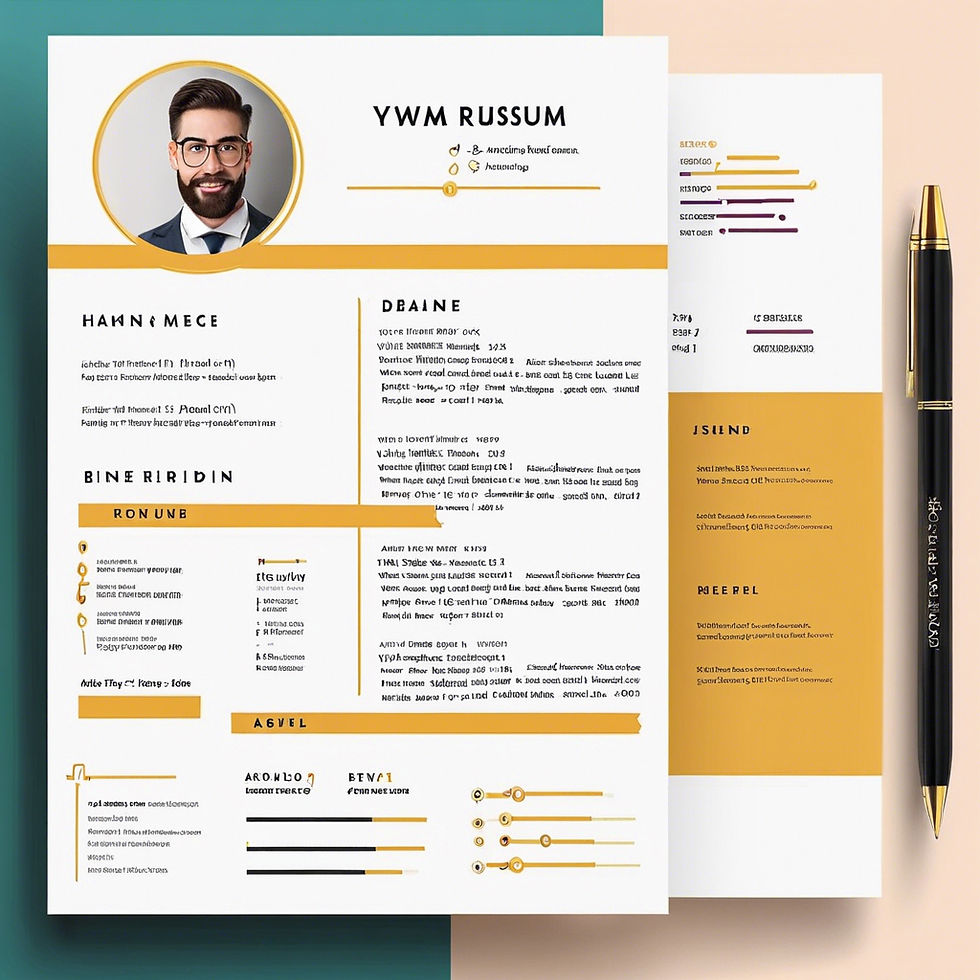
When it comes to resumes and CVs, it’s easy to get conflicting advice. Should it be a neat two-pager, or is there room for a bit more?
The truth is, it depends on the role you’re applying for, the industry, and sometimes even the specific application requirements.
Here’s a quick guide to knowing when a two-page resume will do the trick—and when you might want to go a bit longer.
Why Two Pages?
First, let’s talk about why two-page resumes are so common. Some roles, particularly entry-level positions or job applications in fast-paced industries, specify that they want a resume capped at two pages. Recruiters in these cases are often dealing with high volumes of applicants, so they want candidates to get to the point quickly. If a job listing asks for a two-page resume, stick to it. This means condensing your experience to show only the most relevant details and using space strategically.
In cases where you’re limited to two pages, focus on:
Highlighting your most recent and relevant roles. Lead with accomplishments that directly tie to the job you’re applying for.
Using bullet points wisely. Aim for concise, action-oriented statements that show what you achieved rather than just what you did.
Tailoring keywords and phrases from the job description. This boosts your chances of standing out or passing an initial automated scan.
When You Can Go Beyond Two Pages
If you’re an experienced professional or applying for a senior role, two pages may feel tight. Most hiring managers understand that extensive experience may require a little extra space. In these cases, a CV up to four or five pages is typically acceptable—especially in academic, medical, research, or other specialised fields where you’re expected to include detailed lists of your work, publications, projects, or qualifications.
Here’s the key: as long as the information you include is relevant and well-organised, a longer CV isn’t likely to put off recruiters. In fact, it may help them get a fuller picture of your capabilities.
Keeping It Relevant and Professional
Whether you’re aiming for two pages or five, there are a few golden rules for creating a polished CV:
Tailor to the role. Look at each job’s specific requirements and prioritise experiences and skills that match. Use keywords that reflect what the hiring company is looking for, as this can help get your resume past initial scans.
Structure matters. Break up your CV into clear sections with headers. Common sections include Professional Summary, Experience, Skills, Education, and Certifications. Use bullet points for readability and to make it easy for hiring managers to skim.
Keep it professional. Your resume should look clean and easy to read. Use a classic font like Arial or Calibri, and ensure there’s enough white space so it doesn’t look cluttered. Finally, proofread to avoid typos or awkward phrasing.
Be concise but impactful. Aim for meaningful details in each job description. Think about achievements, outcomes, or skills that have helped you make a difference in past roles.
So, Is a Two-Page Resume Enough?
In short: sometimes. When a job posting asks for a two-page resume, you’ll want to stick to it. But for other roles, especially ones requiring in-depth experience, don’t be afraid to go up to four or five pages if needed.
Just remember, quality over quantity always wins. As long as your CV is packed with relevant, well-structured, and tailored information, it will make a strong impression—no matter the length.
Disclaimer: The information provided on this blog is for general informational purposes only. It may not be accurate, complete, or up-to-date. The content is not intended to constitute professional advice. Readers are encouraged to seek professional guidance for their specific situations.

Comments